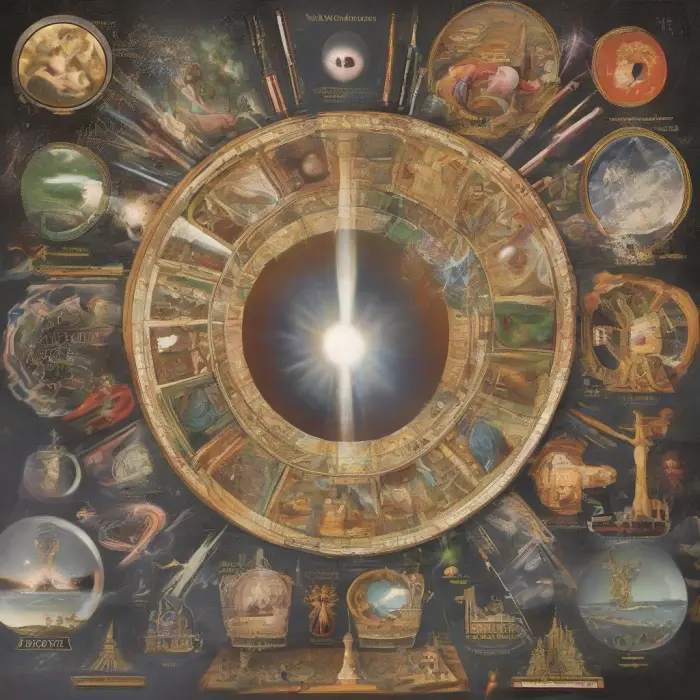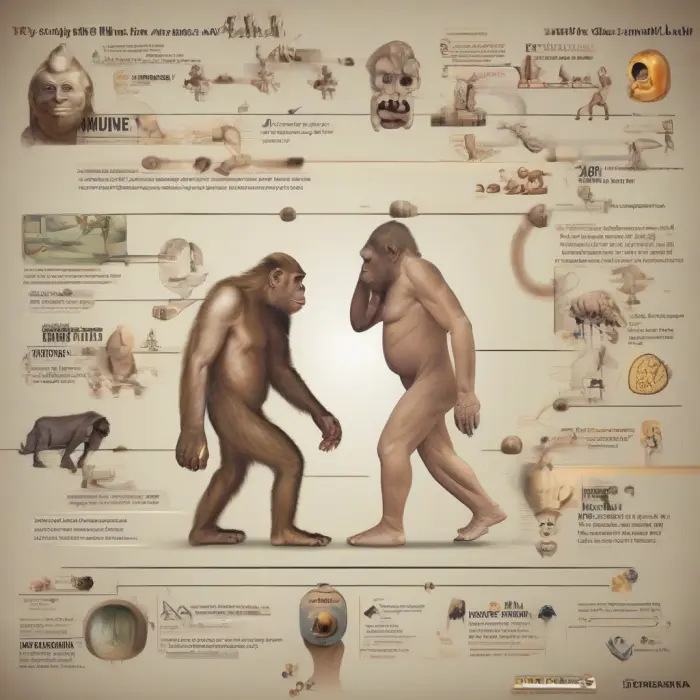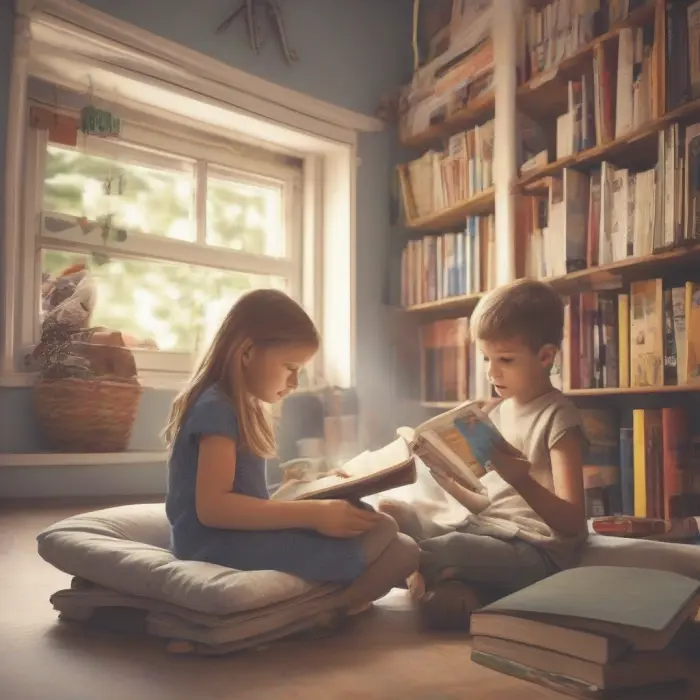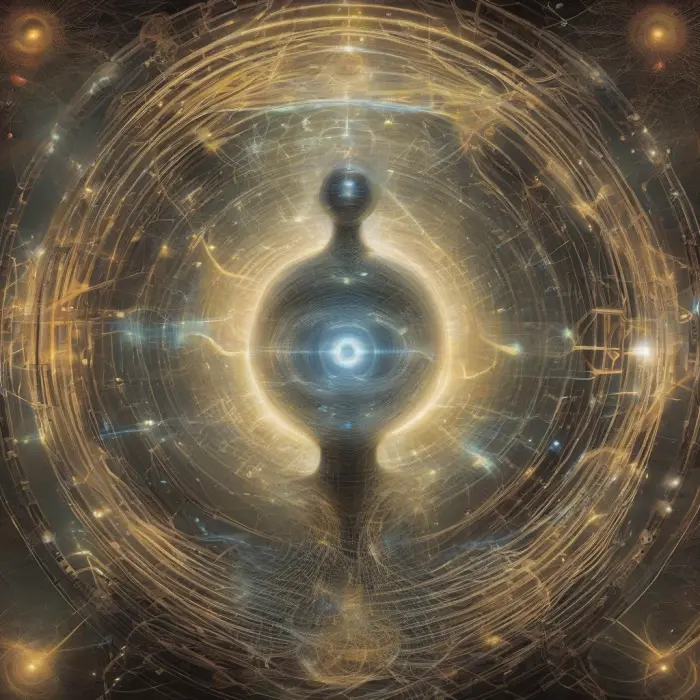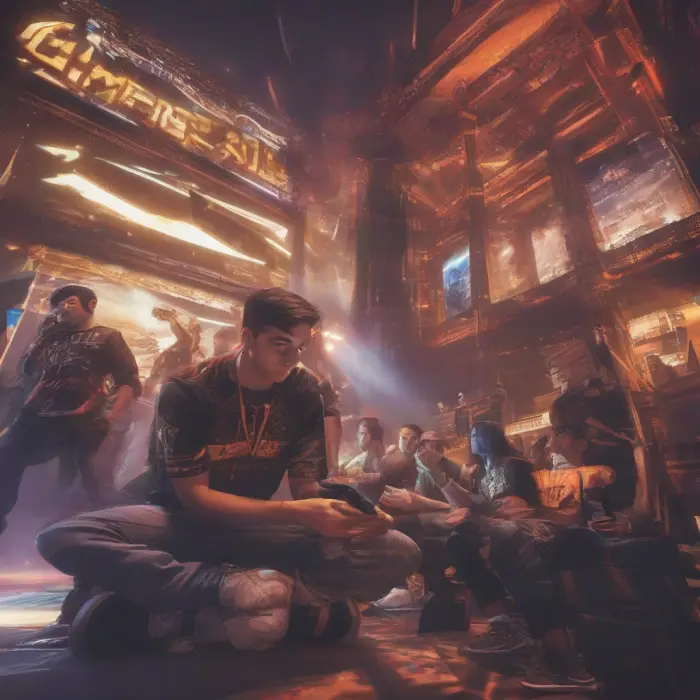The Influence of Popular Culture on Society's Perceptions and Values
Popular culture, often referred to as 'pop culture', permeates every aspect of society, from daily interactions and conversations to the ways in which we understand and interpret the world around us. The influence of popular culture stretches far and wide, shaping and shifting society's perceptions, beliefs, and values in countless ways.
Defining Popular Culture
Before diving into how popular culture affects society, it is essential to pinpoint what the term encompasses. Popular culture refers broadly to the common attitudes, ideas, perspectives, images, and other phenomena within the mainstream of a specific culture. It is mostly defined and influenced by mass media, including television, film, music, social media, and the internet. The influence and reach of pop culture have become even more widespread with the advent and rapid growth of digital communications technologies.
The Influence of Popular Culture
Popular culture plays a significant role in shaping our beliefs, opinions, and perceptions of various topics on a societal level. It acts as a mirror reflecting societal concerns, trends, and issues and, in exchange, influences societal norms. It has the power to normalize actions, attitudes, and behaviors that would otherwise be less accepted.
Creating And Shaping Public Opinion
The media as the primary vehicle of popular culture has an enormous influence on public opinion. The way in which media portrays a certain group, issue, or topic can shape how society views that subject. For instance, portrayal of marginalized groups can either lead to their further marginalization or contribute to increased awareness and understanding.
Setting Beauty Standards
One significant impact of popular culture is its role in defining and setting beauty standards. Magazines, TV shows, movies, and social media platforms often portray a specific and sometimes unrealistic standard of beauty, affecting individual's self-perception and self-esteem, further influencing society's understanding of attractiveness.
Fostering Shared Values
Popular culture also plays a key role in fostering shared values across different demographics and communities. It serves as a unifying force whereby individuals find common ground in shared interests and experiences.
Affecting Paradigm Shifts
In many ways, popular culture also serves as a catalyst in shifting societal norms and values. Pop culture often challenges established societal norms, conditioning the public to accept new ideas and perspectives over time. For example, it can help in advancing social justice causes, promoting diversity and inclusivity by highlighting these issues through music, film, and other forms of media.
Conclusion
In conclusion, popular culture has a notable influence on society's perceptions and values. As a reflection and driver of prevailing societal attitudes and behaviours, pop culture shapes our world view, beauty standards, shared values, and more. Thus, it is crucial to critically assess and reflect on the type of content we consume and the degree to which it shapes our perceptions and values.



